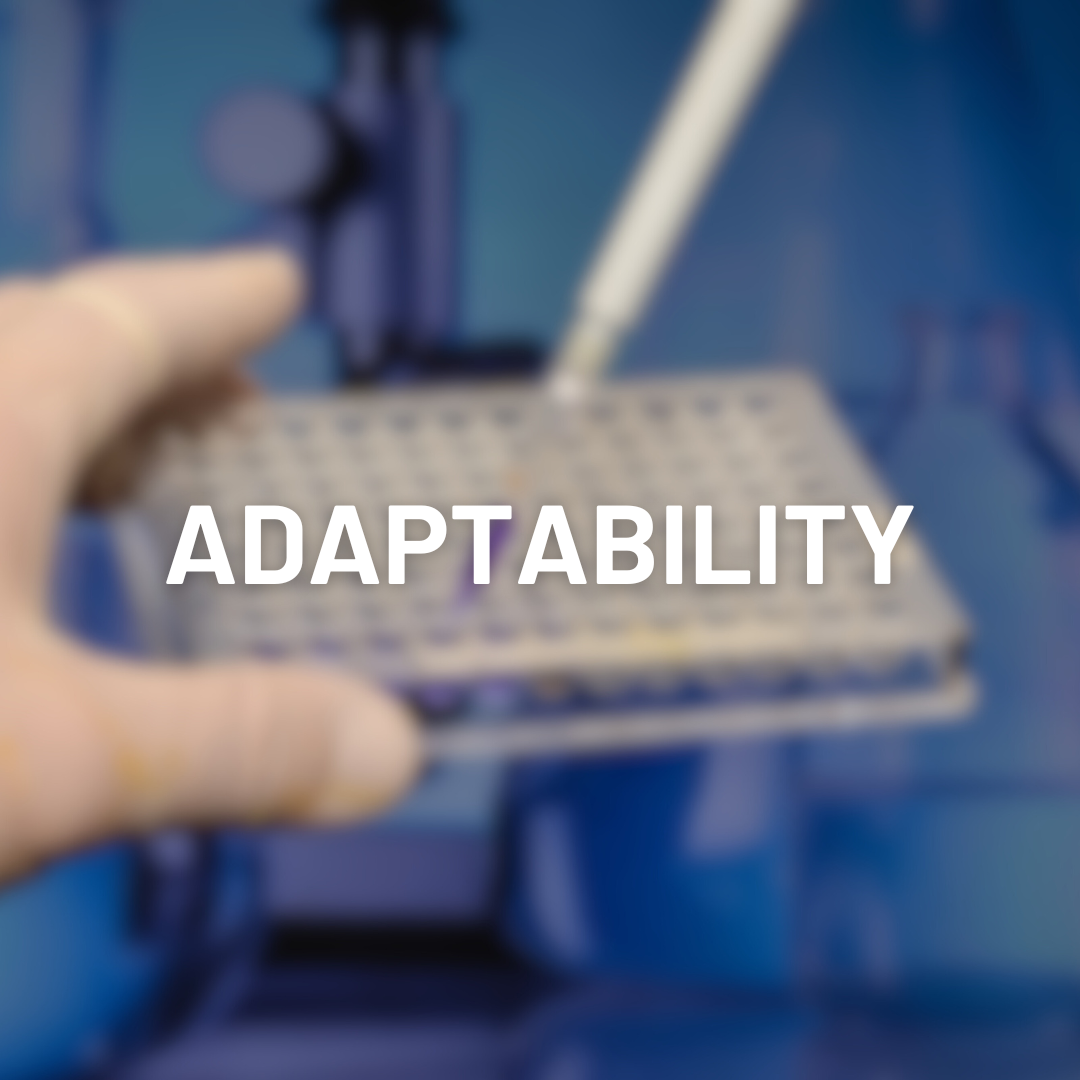Genomics, and above all metagenomics, constitute the sharpest method for studying interaction between skin and its microbiota, and analysis the entirety of the microorganism communities present on the epidermis.

Genomics for skincare innovation & dermatological research
Advances in science allow us to explore the genes and molecular interactions that influence the health and appearance of our skin. Explore the genomic solutions that are transforming the way we understand and treat dermatological needs, opening up new innovations for Beauty Care and strong assets for new products development.
Applications of genomics for skincare
Genomics provides breakthrough innovation and technological inputs in the cosmetics and skin care sector :
Microbiome
Skin microbiome impact studies of dermocosmetics product or active ingredient
Clinical studies in dermatology to measure treatments effects on skin diseases
Analysis of dysbiosis in the microbiota of interest
Virulent strains genomic characterization of certain bacterial or fungal species of interest
Science added-value
Claim substantiation and scientific added-value for new dermocosmetics products, formulations, active ingredients
Prebiotics, probiotics and postbiotics evaluation to assess their efficiency
Nutricosmetics and Cosmeceuticals assay through gut-skin axis study
Industry
Optimized production processes for cosmetic ingredients (biotechnology and fermenters)
Quality control, microbiological monitoring and contaminants detection in Cosmetics production processes
Our analytical solutions for dermocosmetics
GenoScreen, scientific partner for the beauty and skincare sector
- Our all-in-one offer for analysing cutaneous microorganism communities
- For microbiome friendly skin-careing
- Targeted metagenomics 16S (bacteria), 18S/ITS (fungi) in short read & long read, shotgun metagenomics
- Genotyping strains of interest
- (virulence detection)
- Bacterial/fungal genes differential expression under varying conditions (with or without application of an active ingredient, for example)
- Microorganism strains
- quantification
- Customized pipeline developed by GenoScreen, interactive and comprehensive reports
- Skincare claims validation and regulatory dossiers fulfillment
- Support from experts : from experimental protocol design to results interpretation, our team of microbiologists will provide you answers to you initial biological questions
Examples of GenoScreen involvement in R&D projects for Skin Care
Microbiome Modulation in Acne Patients and Clinical Correlations
Ionescu M-A, Tatu AL, Busila C, Axente ER, Badalato N, Feuilloley MGJ, Asquier E, Martínez JD, Lefeuvre L. Microbiome Modulation in Acne Patients and Clinical Correlations. Life. 2024; 14(6):688.
Respect of Skin Microbiome with Different Types of LeavE-on Skincare Products, an Ecobiological Approach
Callejon, S., Giraud, F., Larue, F., Buisson, A., Matéos, L., Grare, L., Guyoux, A., Perrier, E., Ardiet, N., & Trompezinski, S. (2020). Respect of Skin Microbiome with Different Types of LeavE-on Skincare Products, an Ecobiological Approach. Preprints.
Effects of a New Emollient-Based Treatment on Skin Microflora Balance and Barrier Function in Children with Mild Atopic Dermatitis
Bianchi, P., Theunis, J., Casas, C., Villeneuve, C., Patrizi, A., Phulpin, C., Bacquey, A., Redoulès, D., Mengeaud, V., & Schmitt, A. M. (2016). Effects of a New Emollient-Based Treatment on Skin Microflora Balance and Barrier Function in Children with Mild Atopic Dermatitis. Pediatric dermatology, 33(2), 165–171.
Complete Genome Sequence of Staphylococcus epidermidis PH1-28, Isolated from the Forehead of a Hyperseborrheic Donor
Hilaire, P., Landemaine, L., Contreras, S., Blanquart-Goudezeune, H., Siguier, P., Cornet, F., Chiapello, H., Loux, V., Clavaud, C., & Morand, S. C. (2021). Complete Genome Sequence of Staphylococcus epidermidis PH1-28, Isolated from the Forehead of a Hyperseborrheic Donor. Microbiology resource announcements, 10(9), e00165-21.
Staphylococcus epidermidis isolates from atopic or healthy skin have opposite effect on skin cells: potential implication of the AHR pathway modulation
Landemaine, L., Da Costa, G., Fissier, E., Francis, C., Morand, S., Verbeke, J., Michel, M. L., Briandet, R., Sokol, H., Gueniche, A., Bernard, D., Chatel, J. M., Aguilar, L., Langella, P., Clavaud, C., & Richard, M. L. (2023). Staphylococcus epidermidis isolates from atopic or healthy skin have opposite effect on skin cells: potential implication of the AHR pathway modulation. Frontiers in immunology, 14, 1098160.
The GenoScreen experience in a nutshell...

From setting up your project to delivering the results

Methods and solutions tailored to your projects

Micro-organism studies for over 20 years

Support beyond results delivery

‘materials and methods’ explained

